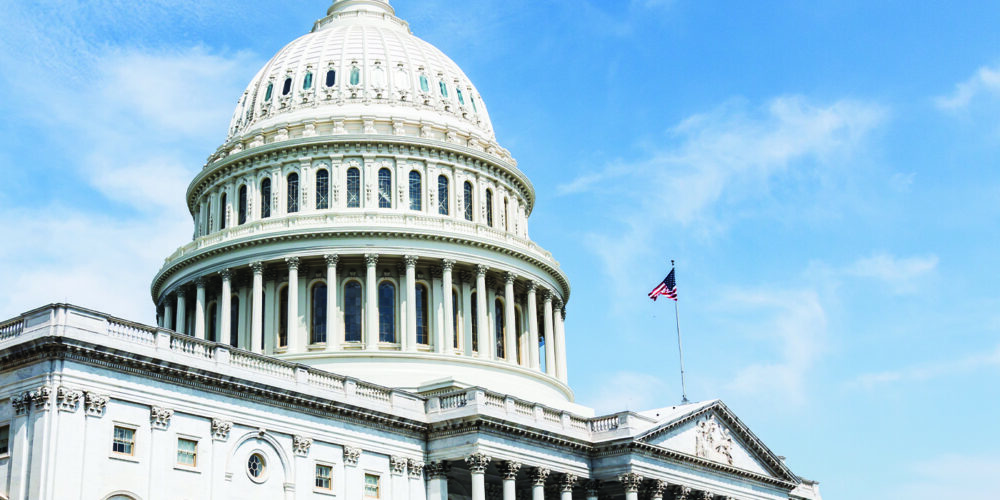The U.S. House of Representatives Committee on Small Business held a hearing titled, “Paycheck Protection Program: Loan Forgiveness and Other Challenges,” to learn:
• About the U.S. Small Business Administration’s (SBA) Paycheck Protection Program (PPP),
• About the challenges borrowers and lenders have faced in applying for and using the loans, and
• Additional suggestions for optimizing the program.
The initial PPP provided billions of dollars for small businesses to remain open during the initial phase of business closures due to the COVID-19 pandemic. However, restrictions in the law and a confusing roll out of the program caused hesitation among borrowers.
In response to these obstacles with the program, the PPP Flexibility Act was passed addressing issues such as the 75/25 rule and extending the coverage period during which a loan recipient may use such funds for certain expenses while remaining eligible for forgiveness from eight weeks to 24 weeks, as well as others.
Committees in the U.S. House and Senate have continued to hold hearings on the roll out and implementation of the program as these loans have been critical to the economic recovery of small businesses nationwide.
In addition to the House and Senate seeking out public comment on the issue, the SBA has created a new “EZ” version of its PPP loan forgiveness application.
Companies that received one of the loansmay now be eligible to request forgiveness for at least eight weeks of payroll costs, rent and other bills. The SBA has revised the recently-issued application for requesting full forgiveness and also created an EZ version application for borrowers that:
• Did not reduce the salaries or wages of their employees by more than 25%, and did not reduce the number or hours of their employees, OR
• Experienced reductions in business activity as a result of health directives related to COVID-19 and did not reduce the salaries or wages of their employees by more than 25%, OR
• Are self-employed and have no employees.
The EZ application requires fewer calculations and less documentation for eligible borrowers. Details regarding the applicability of these provisions are available in the instructions to the new EZ application form. Both applications give borrowers the option of using the original eight-week covered period or an extended 24-week covered period.
For more information, click here.











